Five shock election wins we didn't expect
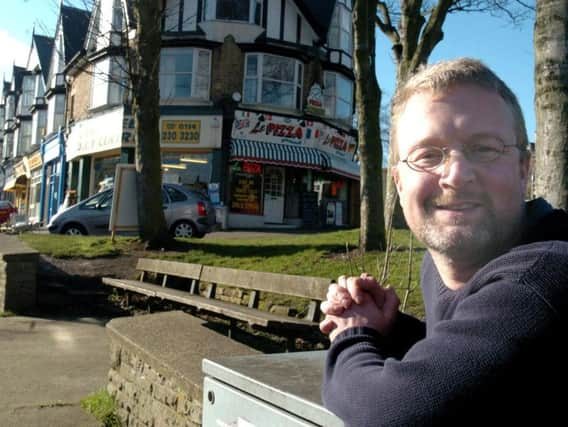

Irvine Patnick v Richard Allan
Irvine Patnick had been the Conservative MP for Sheffield Hallam for 10 years when he was usurped by the relatively unheard of Richard Allan in 1997.
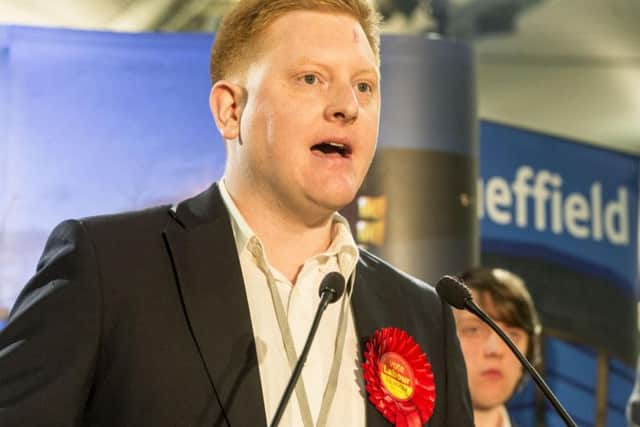

Mr Patnick was a well-known MP and a Lord Commissioner of Her Majesty’s Treasury but he lost his seat after a swing of more than 15 per cent to the Lib Dems.
Advertisement
Hide AdAdvertisement
Hide AdMr Allan romped home with an 8,221 majority. He was the first non-Conservative to win Sheffield Hallam since 1918.
Despite being re-elected in 2001 with an increased majority of 9,347, Mr Allen decided the job wasn’t for him. He stood down at the 2005 general election and was made a life peer as Baron Allan of Hallam.
Nick Clegg v Jared O’Mara
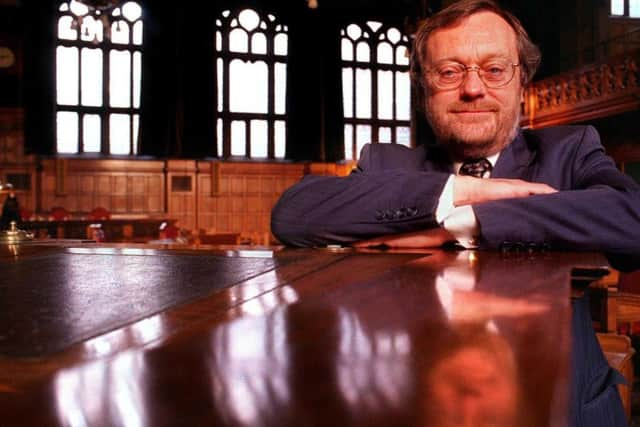

When Richard Allan stood down, the next Lib Dem candidate was even more successful.
Nick Clegg rose to become Deputy Prime Minister in a coalition government but his majority was slashed in the 2015 general election.
Advertisement
Hide AdAdvertisement
Hide AdThe Lib Dems were reduced from 57 MPs to eight and Mr Clegg resigned as party leader the day after the election.
In an unexpected twist, Mr Clegg lost to Labour’s Jared O’Mara by just 2,125 votes in the 2017 general election. Mr Clegg is now a Knight Bachelor.
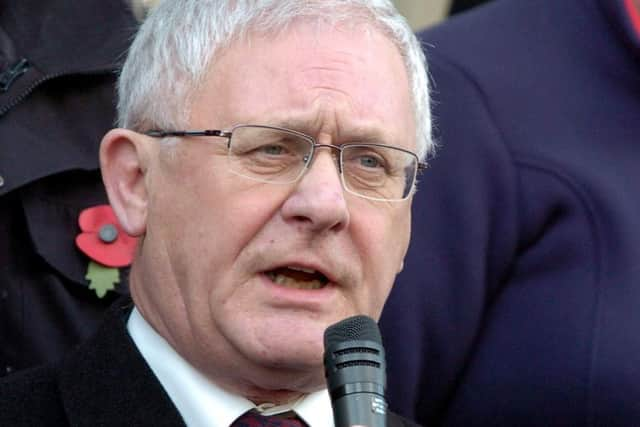

Labour v Lib Dems
After a steady rule by Labour for a generation, Sheffield Council saw turbulent times in the 2000s.
Labour lost Sheffield Council to the Lib Dems in 1999 - after 30 years of uninterrupted control.
Advertisement
Hide AdAdvertisement
Hide AdCouncil Leader Jan Wilson was ousted by Lib Dem Leader Peter Moore. He had been a Labour Party member but later joined the LIb Dems and became a Beauchief councillor.
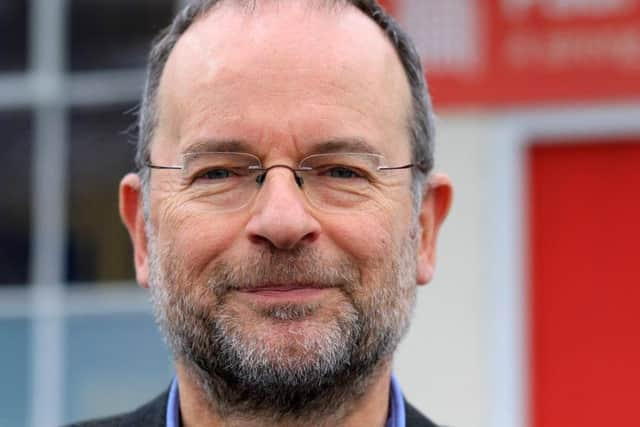

The council continued to switch back and forth over the next few years.
Mr Moore remained Council Leader until 2002 when Labour regained control of the council - and Jan Wilson returned to her old job as Leader.
Labour lost again to the Lib Dems in 2008, when Paul Scriven became Leader. The council went to no overall control in 2010 before Labour took control once more in 2011, this time with Julie Dore as Leader.
Peter Davies v Labour
Advertisement
Hide AdAdvertisement
Hide AdThe former Mayor of Doncaster tried out Labour, the Conservatives and UKIP before settling on the English Democrats.
He stood in the Finningley ward in the 2008 local elections and came second with over 20 percent of the vote.
He then stood in the Doncaster Mayoral election in 2009. Although coming second in the first round of voting, he won by around 400 votes on second preferences.
Some of his policies were controversial and he repeatedly clashed with the media.
Advertisement
Hide AdAdvertisement
Hide AdA year later, a vote of no confidence was carried against him. Doncaster Council criticised his leadership and “irresponsible” budget. He refused to resign and remained Mayor.
The government appointed a new chief executive and three commissioners to lead the council. “after 15 years of poor governance and dysfunctional politics".
Unperturbed, Mr Davies ran as an independent in the 2013 Doncaster Mayoral elections and narrowly lost to the Labour candidate Ros Jones
Paul Blomfield v Paul Scriven
Labour held Sheffield Central in the 2010 general election - but the shock was that the Lib Dems were just 165 votes behind.
Advertisement
Hide AdAdvertisement
Hide AdThe constituency had been Labour for 65 years. Richard Caborn had been the MP since 1983 and when he retired, Paul Blomfield became Labour’s candidate.
Mr Blomfield managed to hold the seat by just a handful of votes in a chaotic election.
Nationwide polling stations were unable to cope with the largest voter turnout in 30 years. Students in Sheffield were told to wait until “permanent residents” had voted and there were long lines outside polling stations. The delay meant it was too late for many to cast their vote and Sheffield Council’s electoral services was forced to apologise.
By the next general election in 2015, Labour had secure its safe majority once more with 24,308 votes while the Lib Dems had slipped into fourth place.